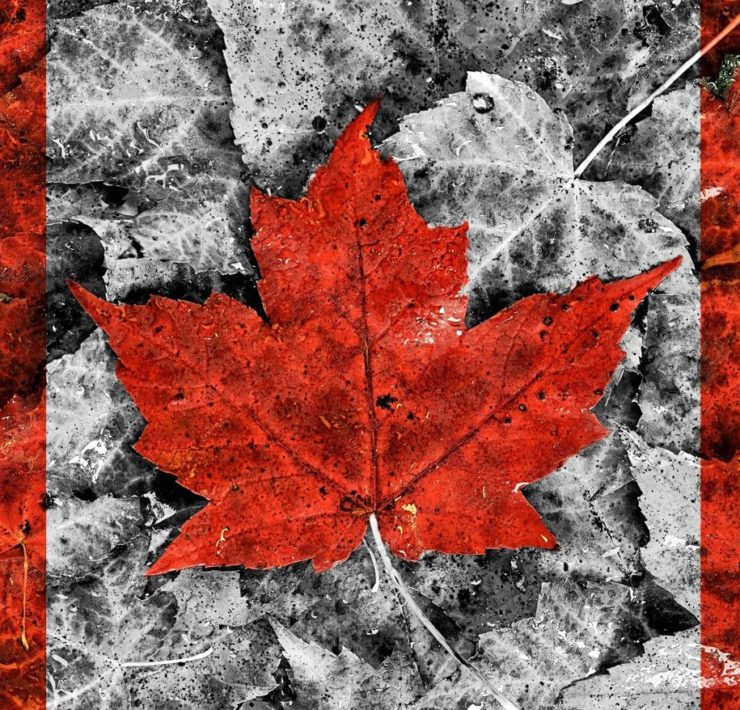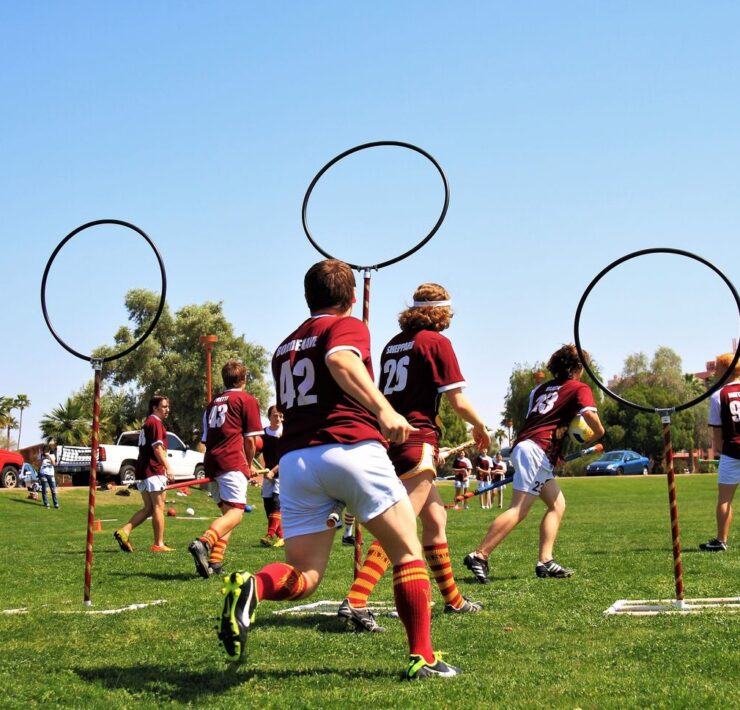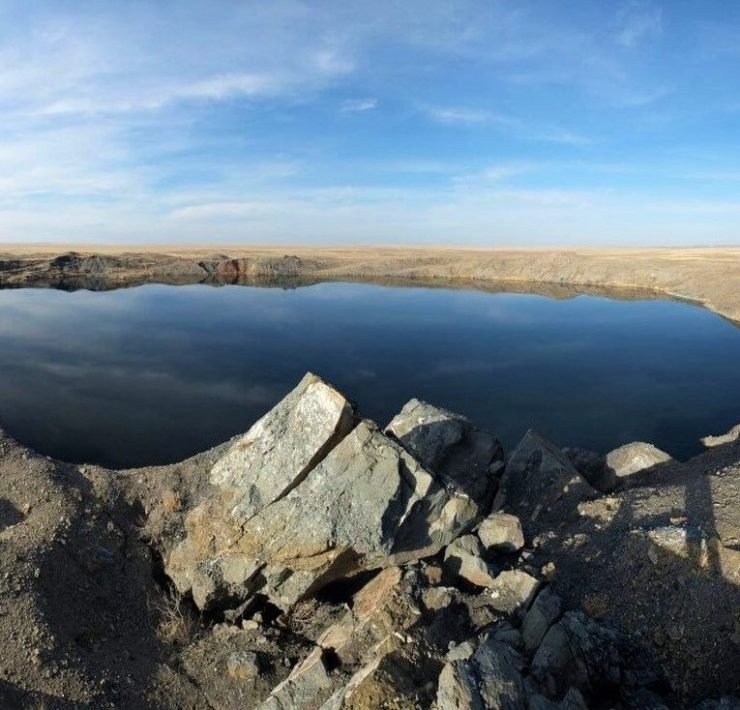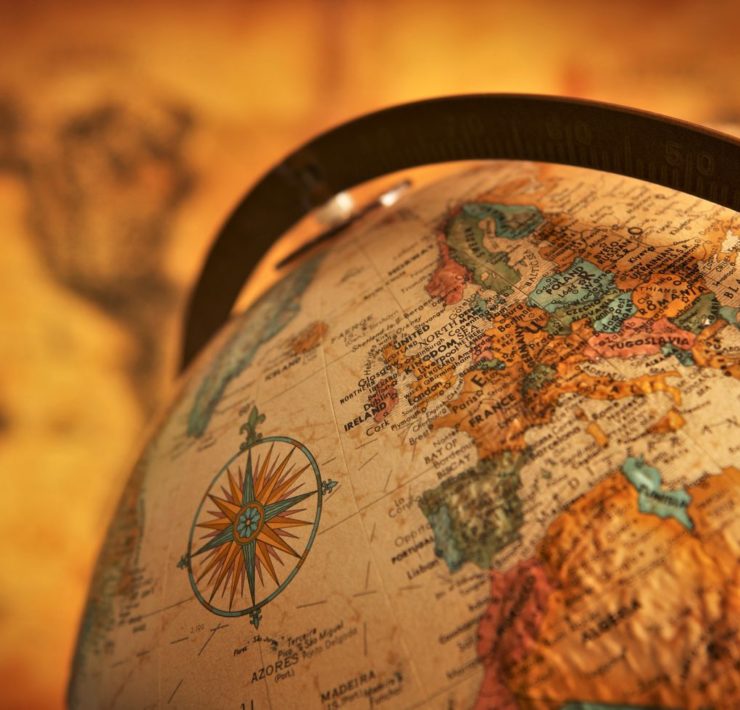Hello to those of you who’ve been dreaming of visiting this land of good food, historic landmarks, art, and culture. Before you dive head first into a trip to France, you better get to know some of the local customs or you might just be a little shocked and disappointed.
Check out these next 10 things that often shock first-time visitors to France. Hopefully they won’t stop you from booking your ticket to the land of the Franks, but if they do, c’est la vie.
1. Bread Love
It’s not unexpected to see bread being on this list, but it deserves attention because the French do truly love their bread. Boulangeries are everywhere. And of course, people carrying a warm baguette can also be easily seen everywhere, breaking off its crusty end and munching it while walking down the street.
Bread is a staple in the French diet. It was even stated in a Le Figaro article that more than nine in ten French people eat bread everyday. It’s not mainly for sandwiches, but for finishing off a plate, eating it with cheese, or just dipping it in a hot cup of chocolate or coffee.
2. What Children’s Food?
We’re about to talk about food again and it won’t hurt because it’s all about France here. Their love for food and appreciating all that’s on their plate starts at an early age. French kids won’t bother going through a phase of only eating baby food, sweets, and other food that’s only limited for their kiddie taste buds. They are introduced into a variety of food and flavors which help them appreciate the value of a good meal at a young age.
3. Drugstores
French drugstores are simply drugstores. You won’t find on-the-go snacks or cheap make-up here. Instead, you’ll just see what a drugstore originally sells: drugs, creams, toothpaste, and first aid supplies. You can easily see pharmacies by looking for the flashing neon green cross.
4. Social Solidarity
For some cultures, you’d think twice – or not bother at all – if you see a stranger who might need help because it can turn bad and lead to a legal liability. But in France, it’s completely normal to help a stranger like helping a disabled person walk across the street.
5. Faire La Bise
A kiss on both cheeks is done every time you meet someone. This is mostly done woman-to-woman, woman-to-man, or man-to-man (for older generations) with no sexual meaning at all. Two kisses could be insufficient in some regions and the bise should be done three or four times. Now, imagine doing that in a big social event.
6. Dinner Conversations
The French love intellectual conversations so much that they’ll even bring their utmost abstract and grandiose ideas to the dinner table. From religion to politics, everyone’s prepared with their own opinions and it doesn’t matter whether you’re an expert or not. Opinions are thrown out no matter how someone may agree or disagree with them.
7. No Ice Please
When you’re in a restaurant and the waiter serves you with a glass of water, don’t expect and don’t even dare try to ask for ice. The water will be either at room temperature or a bit chilled, but drinks for sure won’t come with ice cubes floating in it.
8. Protests
Why do the French love to go on a strike? Whatever the reason may be, it’s a fact that strikes have been a part of their history and culture. From the French Revolution, to the strikes of 1968 and 1995, France always did have a taste for winning their rites through public displays of disapproval. Nowadays, protests are usually short and mostly local affairs that affect one company or municipality rather than national movements.
9. Sorry, Vegetarians
The French love eating meat and only 2-3% of French people are vegetarians. Unfortunately, any diet that isn’t normally French can be viewed with miscomprehension, mistrust, and even anger. If you’ve vegan, you can get in trouble with the law because veganism is viewed as an unhealthy lifestyle choice. It can also be viewed the same way as joining a cult.
10. Money is Taboo
It’s not in the French culture to talk about money. Well, they do like having money but they don’t want to talk about it. Again, it all goes down to history when earning money was for the bourgeois and commoners, while French nobles were considered above work. The French Revolution, perhaps the single most important event in France’s history, sought to bring greater meritocracy and equality to French society. Money sets people apart and the French don’t want that.
When On Earth Magazine is for people who love travel. We provide informative travel guides, tips, ideas and advice regarding places to see, things to do, what to taste, and much more for world travelers seeking their next dream vacation destination.






